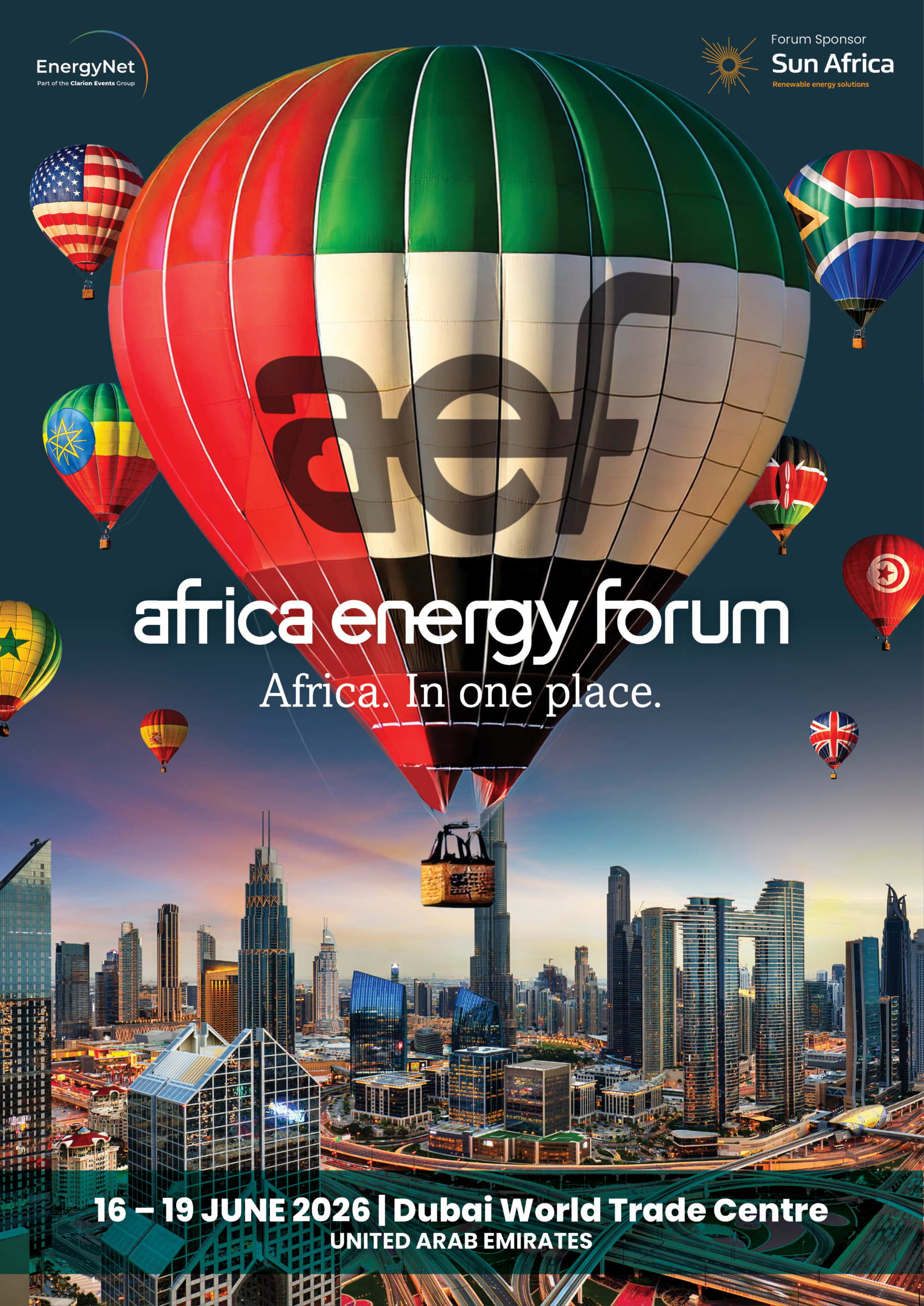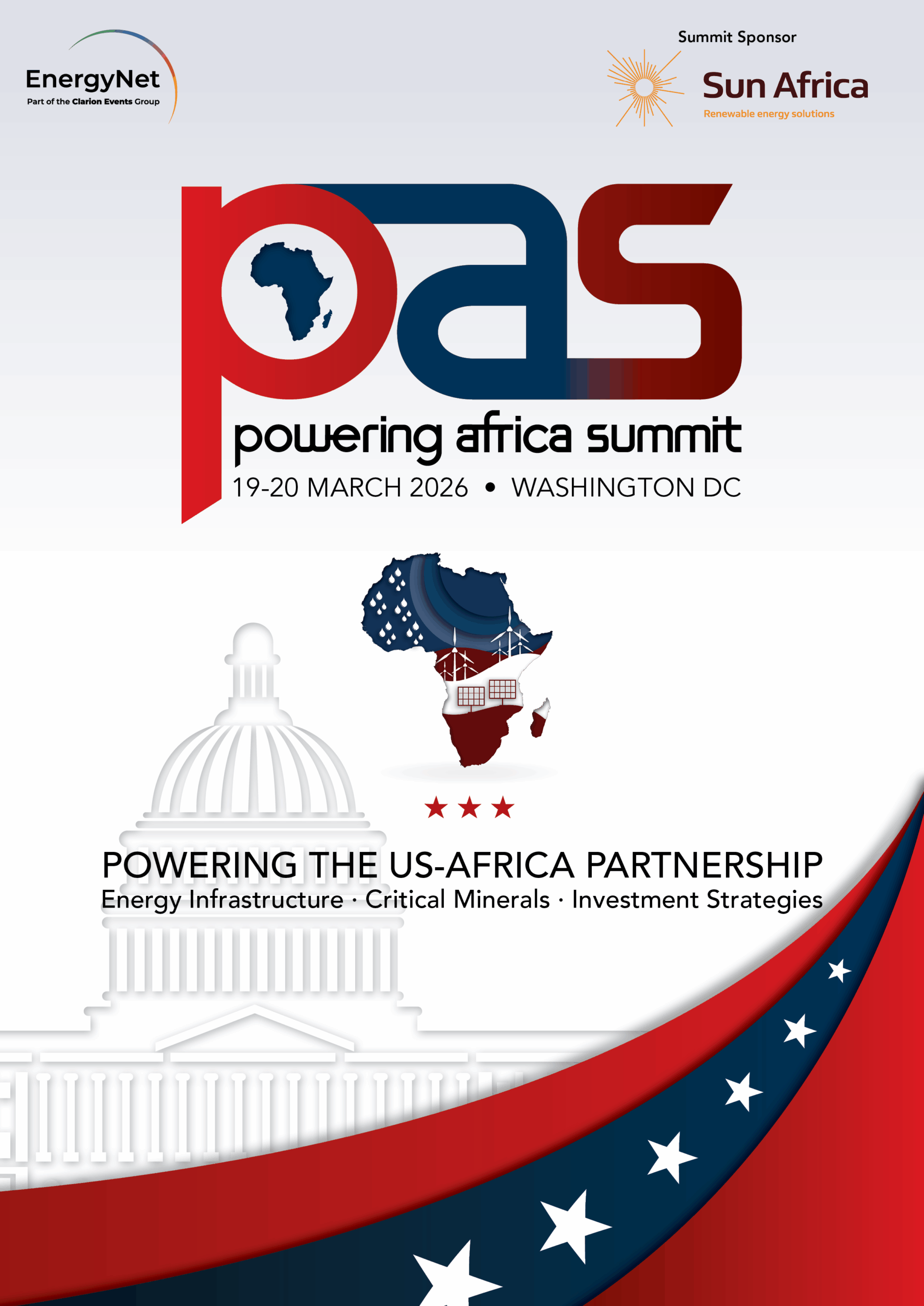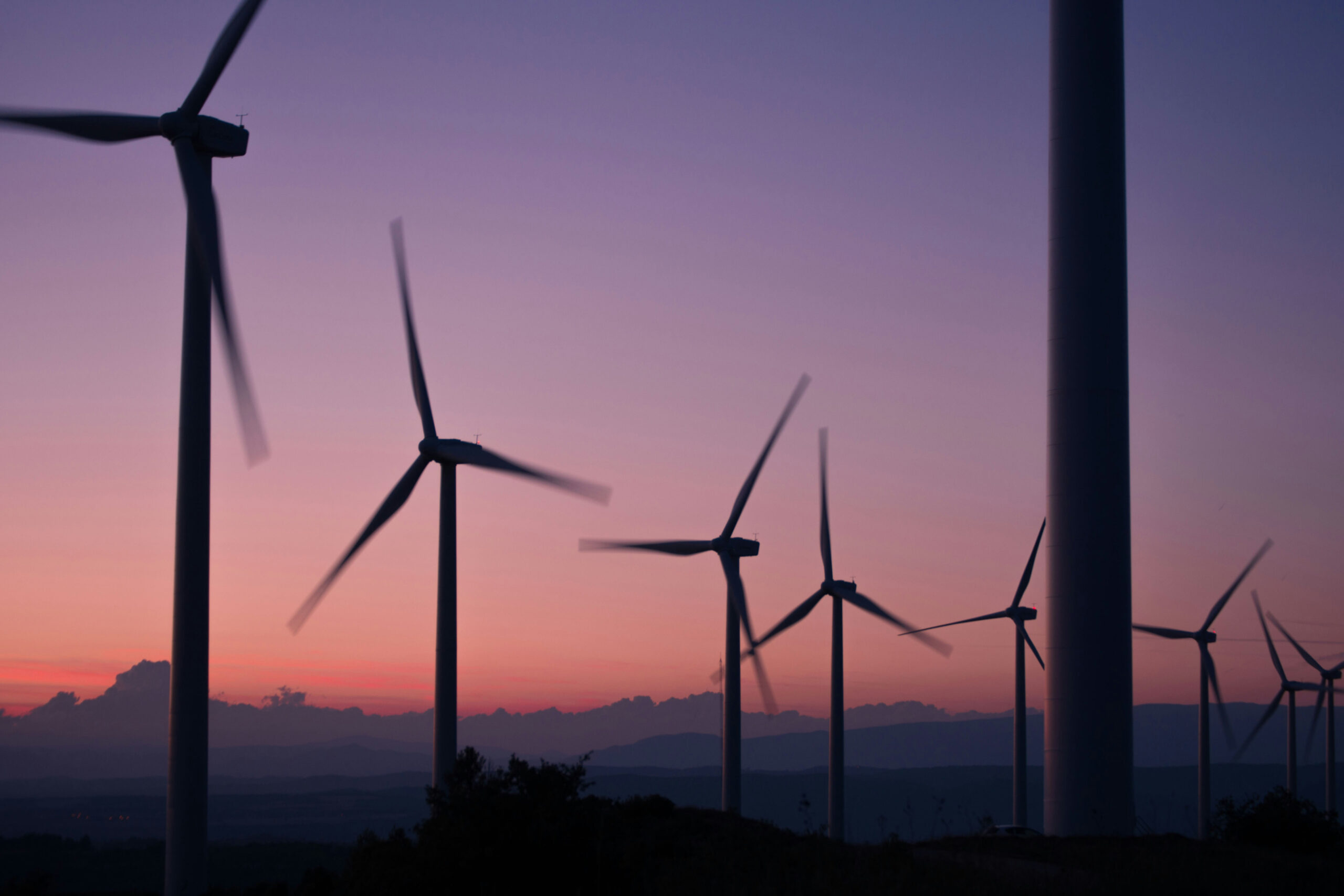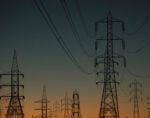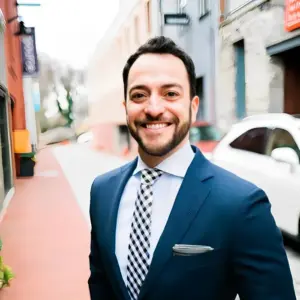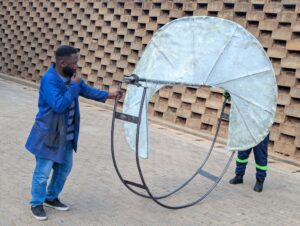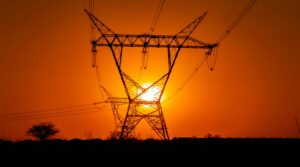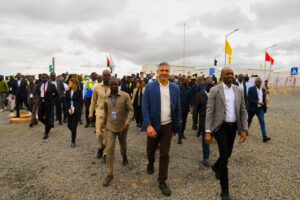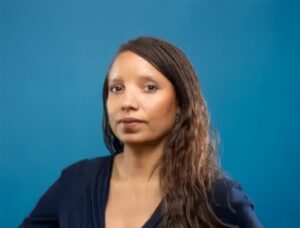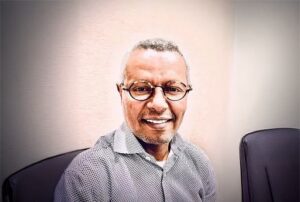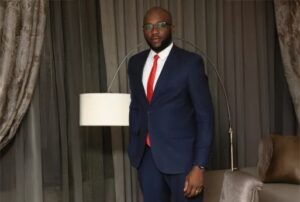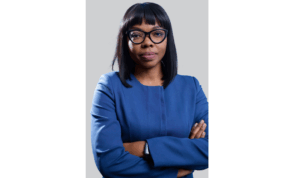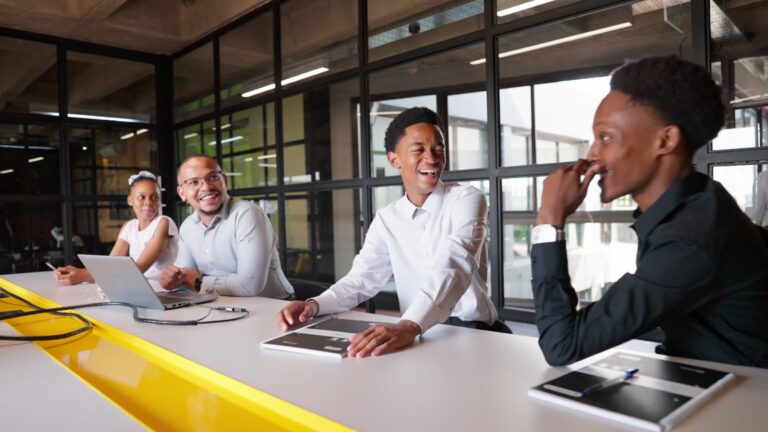
Bringing light to places that need it
Gqi Raoleka, CEO of Pele Green Energy, explains how he and his colleagues are building an independent power producer that channels capital, talent and innovation into tangible opportunities
What makes Pele Green Energy different?
Gqi Raoleka: We were among the first independent power producers (IPPs) in South Africa in 2009 and we’ve been developing and operating renewable-energy power plants ever since. Today, our portfolio exceeds 3 GW of clean energy, comprising wind and solar, along with battery storage. But because energy is an enabler, unlocking everything from education and healthcare to commerce, mobility and meaningful economic participation, we’re also focused on developing capabilities. We’re not just powering homes; we’re powering progress. This is core to our original ambition. Our growth enables others to grow, too.
Back when we started Pele Green Energy, we were five young African professionals at a turning point in our careers. We’d been relatively privileged in terms of the gains from the post-apartheid era when many South Africans, particularly those in under-served communities, had been left behind. That privilege gave birth to the idea of a “justice dividend”: a moral and economic imperative to reinvest our advantages into something that could contribute to structural change.
Pele Green has never been just about building a business. Rather, it’s a vehicle for restitution that channels capital, talent and innovation into tangible opportunities for others. It’s about bringing light, in every sense of the word, to places that need it most.
How does being a South African company inform your approach to sustainability, development and national transformation?
GR: Our purpose is firmly aligned with South Africa’s National Development Plan (NDP) and its aims of inclusive economic growth, job creation, skills development and infrastructure investment to uplift the many. Energy – and therefore Pele Green Energy – has the power to unlock every one of those ambitions and we set up our sister company Knowledge Pele to enable us to do this.
Through Knowledge Pele we implement targeted, meaningful interventions that speak directly to the NDP priorities at a local level. That might be supporting agriculture, upskilling educators, improving health and digital literacy or building other paths to self-sufficiency. These ambitions are embedded in all our projects. And where we need to, we do it with partners.
All this means our energy infrastructure becomes a platform to power homes and opportunity. Fundamentally, our business model has clean energy generation interwoven with social and economic development to help build South Africa’s future.
Broad-Based Black Economic Empowerment (B-BBEE) and youth empowerment are central to South Africa’s transformation. How does Pele Green put this into practice?GR: Inequality and exclusion have sadly been structurally embedded in South Africa for decades. This means B-BBEE isn’t just a policy, but a necessity so we can build an economy that reflects the full talent and potential of all South Africans. At Pele Green, there are three manifestations of this.
First, we have our broad-based employee share-ownership scheme designed to ensure those helping us build value participate meaningfully in the wealth created. This is for all our employees, irrespective of their race or nationality.
Second, we intentionally source from black-owned suppliers, helping to build local supply chains and create jobs. Third, we drive skills development in historically marginalised communities through Knowledge Pele, which offers structured, outcome-driven programmes to train people in renewable energy, upskill technical and vocational teachers and build connections in the green economy for the youth in rural and peri-urban communities.
But we’re not training for the sake of training. We prioritise projects with real market opportunities, whether that’s solar panels or digital literacy. It’s about being rooted in preparing youth for the future.
What future do you see for South Africa and the wider African energy landscape?GR: South Africa’s energy sector has never been more diversified, decentralised and decarbonised, but there are still challenges around grid access, regulatory delays and financing. What’s important to focus on, though, is the undeniable momentum, resilience and ingenuity of South Africans.
On top of that, the success of companies like Pele Green Energy partnering with large industrial players is building trust, which leads to more projects and more trust and so on until, ultimately, we will complete our long-overdue energy transformation and achieve energy security and a just transition.
Across Africa, I see the opportunity to leapfrog outdated centralised energy systems to transition to a more flexible, decentralised and low-carbon future thanks to our abundant renewable resources. I see us writing our own playbook.
We’ve already seen Kenya, Morocco and Egypt make significant strides in integrating renewables into their energy mix. In West Africa, innovative mini-grid models are lighting up communities once considered too remote or uneconomical. Looking ahead, I see utility-scale renewables projects, embedded generation for mines and industrial users and many more localised, resilient microgrids – like those in West Africa – tailored to rural and peri-urban communities. These are going to be African energy systems designed to reflect African realities with inclusion, access and affordability at their core.
How important are partnerships and collaboration to Pele Green Energy?
Both are central to our ability to fulfil our ambitions. Partnerships allow us to scale responsibly, share value and ensure our work contributes to long-term, inclusive transformation. We want to build not just capacity, but capability. That means transferring skills, building partnerships across borders and ensuring energy infrastructure goes hand-in-hand with local development and empowerment.
And we need collaboration between like-minded leaders who understand that Africa’s energy future must be both sustainable and equitable. We will be celebrating and reinforcing both at AEF, where I’m looking forward to discussing how to move from policy to action, with a sharp focus on implementation, localisation and scaling African-led solutions.


